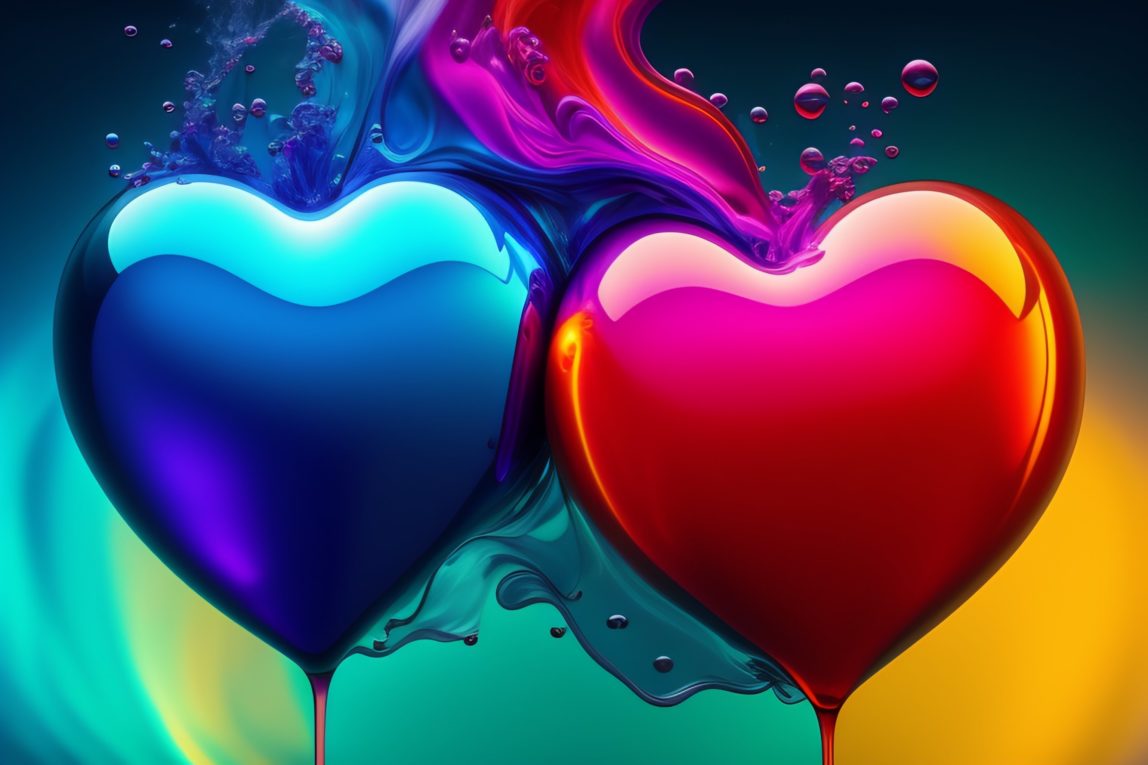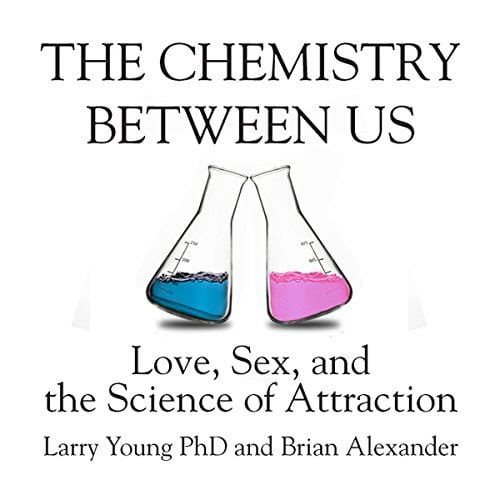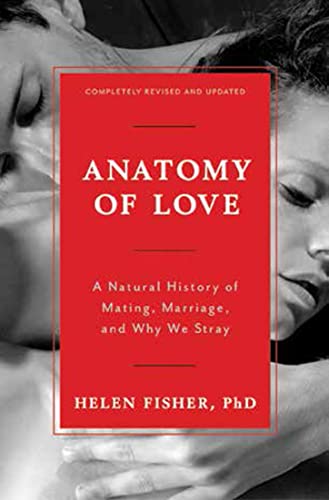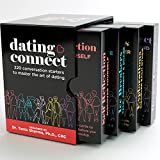Last Updated on June 27, 2023
Hello Lovers! I hope you’re ready for another fascinating journey into the realm of dating and relationships. Today, we’re diving headfirst into the intriguing world of love and the science of love, guided by enlightening insights from neuroscience. Get ready to unravel the secrets of attraction and discover what makes relationships tick!
Love and the Brain
Love is a magical and complex emotion that has puzzled humanity for centuries. Fortunately, with the advancements in neuroscience, we’re gaining a deeper understanding of what happens inside our brains when we fall head over heels for someone. So, let’s take a peek behind the curtain and explore the inner workings of love!
Several brain regions kick into high gear when we’re attracted to someone. One of the key players in the ventral tegmental area (VTA), which releases a surge of dopamine—a neurotransmitter associated with pleasure and reward. This dopamine rush gives us that exhilarating feeling we often experience during the early stages of a romantic connection.
But that’s not all! Another brain region, the prefrontal cortex, also joins the love party. This region is responsible for decision-making and critical thinking, and it goes into overdrive when we’re smitten. Interestingly, the prefrontal cortex becomes less active, leading to a delightful blend of euphoria and decreased judgment when we’re under love’s spell.
The Chemistry of Attraction, The Science of Love!
Chemistry plays a crucial role in the game of love. Have you ever wondered why certain people just seem to have that irresistible allure? Well, it turns out that our noses might have something to do with it!
When we’re physically attracted to someone, our sense of smell comes into play. The pheromones we emit can elicit responses in others, influencing their perception of us. These chemical signals, often undetectable consciously, can trigger subconscious attraction and spark a magnetic pull between individuals.
But it’s not all about pheromones. The hormone oxytocin also deserves special mention. Known as the “cuddle hormone” or “love hormone,” oxytocin plays a vital role in bonding and social connections. When released during moments of intimacy, it fosters feelings of trust and attachment, strengthening the bond between partners.
Love’s Roller Coaster: The Brain in Relationships
Ah, relationships—a thrilling roller coaster ride full of ups and downs. But have you ever wondered what happens in our brains as we navigate the twists and turns of love?
As a relationship progresses, the brain adapts and different neural pathways come into play. The initial rush of passion and infatuation gradually transitions into a deeper, more stable bond. The attachment system takes the stage, characterized by the release of oxytocin and vasopressin—another hormone linked to social bonding.
Moreover, our brains are wired to seek security and stability in relationships. The anterior cingulate cortex (ACC) becomes active when encountering potential threats or conflicts within our romantic connections. This activation prompts us to address and resolve issues, fostering a healthier and more harmonious partnership.
The Power of Long-Term Love
Long-term relationships are a testament to the endurance and power of love. They offer an opportunity for personal growth, companionship, and shared experiences. But what keeps the flame burning over the years?
Well, it seems that sustained love involves a delicate interplay of various factors. Empathy plays a crucial role, allowing us to understand and share the emotions of our partners. It fosters compassion, strengthens emotional connection, and helps us weather the storms that come our way.
Additionally, positive reinforcement within a relationship contributes to its longevity. When we experience joy, laughter, and happiness with our partners, our brains associate those positive feelings with the relationship. This reinforcement strengthens the bond and reinforces our commitment to one another.
Love’s Mysteries Unveiled
Although we’ve uncovered some of love’s mysteries through neuroscience, there is still much to explore. Love is a deeply personal and unique experience for each individual, and science can only provide a glimpse into its intricate workings. The beauty of love lies in its intangible qualities—the sparks that fly, the butterflies in our stomachs, and the unexplainable connections we forge.
So, my dear friend, let’s cherish the wonder of love, armed with the knowledge that neuroscience offers us. Let’s embrace the thrill of attraction, the science of love, navigate the roller coaster of relationships, and bask in the warmth of long-term love. Remember, love is a journey—one that is as magical as it is complex.
Until next time, take care, and may love always find its way to your heart!
P.S. If you’re interested in delving further into the science of love, I can’t recommend enough exploring the works of renowned researchers such as Helen Fisher, Lucy Brown, and Larry Young. They have devoted their careers to unraveling the mysteries of the heart. You will find below some of their books available for Free in audiobook versions! Don’t miss them!
About Dating Topic
The dating category offers tips, advice, and strategies for individuals looking to improve their dating life, build healthy relationships, and navigate the complexities of modern romance.
Tired of navigating the dating world alone? Join our Relationship Dynamics and Dating Strategies Resource Hub for free access to useful articles and tools. Sign up now!




























